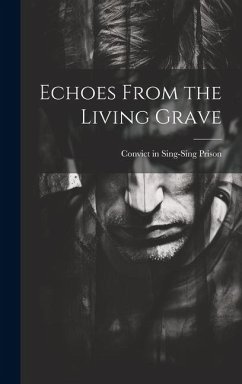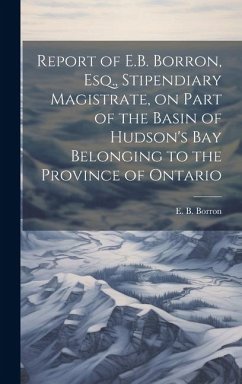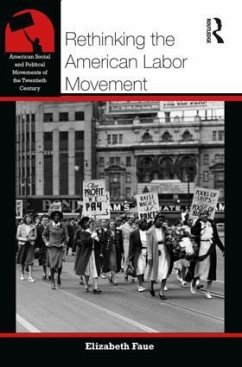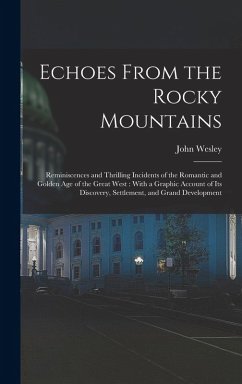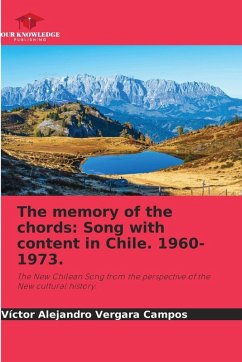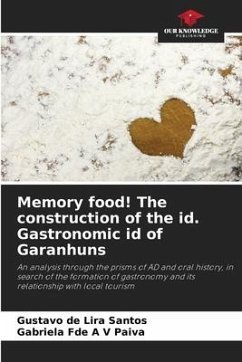
Echoes in the Chopim Valley
Memory and belonging of those affected by dams in Nossa Senhora dos Navegantes, Paraná, Brazil
Versandkostenfrei!
Versandfertig in 6-10 Tagen
44,99 €
inkl. MwSt.

PAYBACK Punkte
22 °P sammeln!
In a daring way, the voices of the riverside communities emerge and combine the historical events of a small community with the national conjuncture of electricity policies. The relationship of force between the Movement of People Affected by Dams (MAB) and the hydroelectric companies in the Chopim Valley brings us reports of two dams that were to be built, but which, although absent in form, appear at all times present in the narratives of the residents. The relationship between present, past and future times, in confluence, are accompanied by feelings of fear and hope. The Gerdau company tha...
In a daring way, the voices of the riverside communities emerge and combine the historical events of a small community with the national conjuncture of electricity policies. The relationship of force between the Movement of People Affected by Dams (MAB) and the hydroelectric companies in the Chopim Valley brings us reports of two dams that were to be built, but which, although absent in form, appear at all times present in the narratives of the residents. The relationship between present, past and future times, in confluence, are accompanied by feelings of fear and hope. The Gerdau company that would build the dams was concerned with creating relationships with the affected families in order to convince them of their need and importance. At the heart of the land struggle, activists demanded fair compensation, believing that they were being cheated by the company. In the context of knowledge and practices, feelings of belonging and different relationships with the time of the damsallow us to analyse how those affected reinterpret their space of experience and how they figure out their horizon of expectation.




